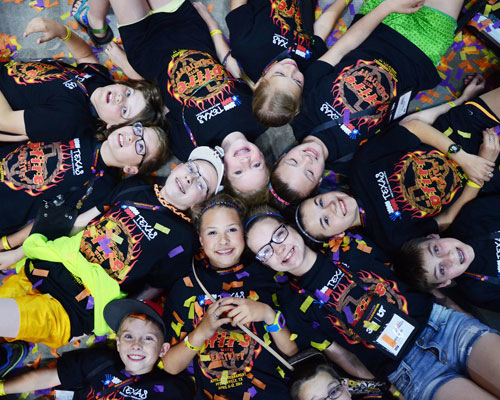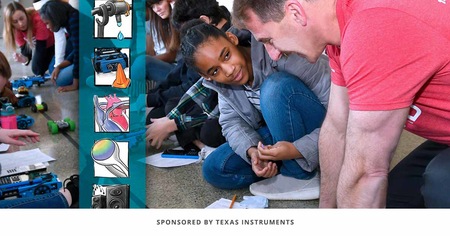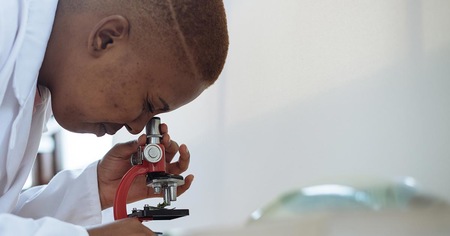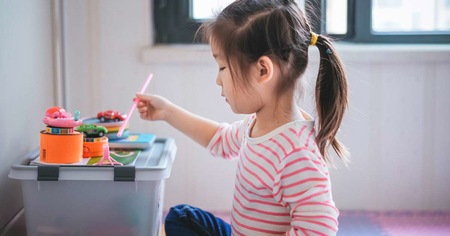In a recent study, the Association of American Colleges and Universities highlighted that 93 percent of the employers (nonprofit and for-profit) surveyed felt that thinking, complex problem solving and communication skills were more important than a candidate's undergraduate major. Smart cities, life sciences, nanoscale technology, cross-border collaborations, space exploration, power and green propulsion, advancements in chemistry and materials science, cybersecurity, mobility, energy and renewables, robotics cinematography and data-driven applications are creating unprecedented opportunities for our future workforce. They will be challenged to use their creativity (imagination and design thinking) and teamwork skills to become the next generation of innovators and leaders.
Creativity is defined as the interaction among imagination, cognitive presence, ego-strength, connotation, aptitude, process, domain engagement and environment by which an individual or group follows the creative process to produce an accepted product that is both novel and useful as defined within a personal or social context. It is critical to our society's advancement, which is why we need to provide students with opportunities that foster their curiosity and creativity. At Destination Imagination, we've been helping students learn the creative process from imagination to innovation for more than 30 years. Our challenge-based afterschool program complements in school curriculum and teaches students the skills needed to bring a novel idea to fruition, including risk taking, self-assessment, learning from failure, project management and collaborative problem solving. By giving kids this opportunity, they will learn how to face future challenges and opportunities with confidence.
Written by Dr. Chuck Cadle, the CEO of Destination Imagination, Inc., an educational nonprofit organization that develops project-based learning challenges for students. Its Challenge Program blends STEM (science, technology, engineering and mathematics) education with the arts and social entrepreneurship and is designed to empower and engage students in real-world situations that require engaged curiosity, courage and creativity.
Photo courtesy of Destination Imagination.




